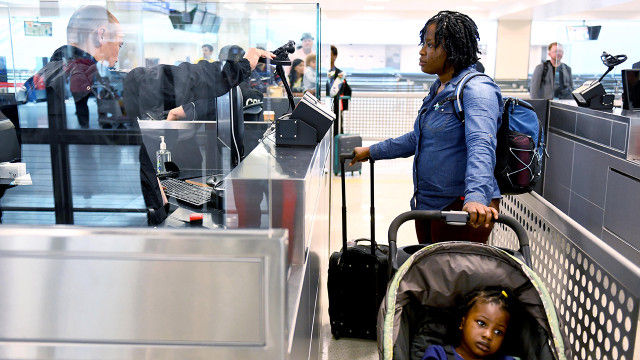Fast facts about Nigeria and its immigrants as U.S. travel ban expands
- Feb 5, 2020
- 2 min read

President Donald Trump has added Nigeria, Africa’s most populous nation, to a list of countries whose residents face restrictions on travel into the United States. With the new policy set to take effect on Feb. 22, here are some fast facts about Nigeria and its immigrants in the U.S., based on previously published Pew Research Center studies.
Nigeria is the seventh most populous country in the world, with 206 million people. By 2100, it is projected to be the world’s third most populous country – ahead of the U.S. – with 733 million people, according to United Nations estimates. Nigeria is expected to add more people than any other country during that span.
Many people in Nigeria have considered leaving the country. In a spring 2018 survey, 45% of Nigerian adults said they plan to move to another country sometime within the next five years – by far the highest share of any country surveyed.
Nigerians have a more positive view of Trump than people in many other countries. In a spring 2019 survey, 58% of Nigerian adults said they had confidence in Trump to do the right thing regarding world affairs, compared with a median of 29% across 32 nations surveyed by the Center.
Many Nigerians expressed pessimism about their country’s economic and political situation in a summer 2018 survey.
Nigeria’s population is almost evenly split between Muslims (50%) and Christians (48.1%), as of 2015. It has the world’s fifth-largest Muslim population (90 million) and the world’s sixth-largest Christian population (87 million).
As of 2017, there were about 348,000 Nigerian immigrants living in the U.S., making Nigeria the top birthplace among African immigrants in the country.
People in the U.S. sent $6.2 billion in remittances to Nigeria in 2017, more than was sent to any other African nation.
As of 2016, around six-in-ten black Nigerian immigrants in the U.S. (59%) had a bachelor’s degree or more education – a share roughly double that of the overall American population. (These figures are for adults ages 25 and older.)
Source: PEW Research







Comments